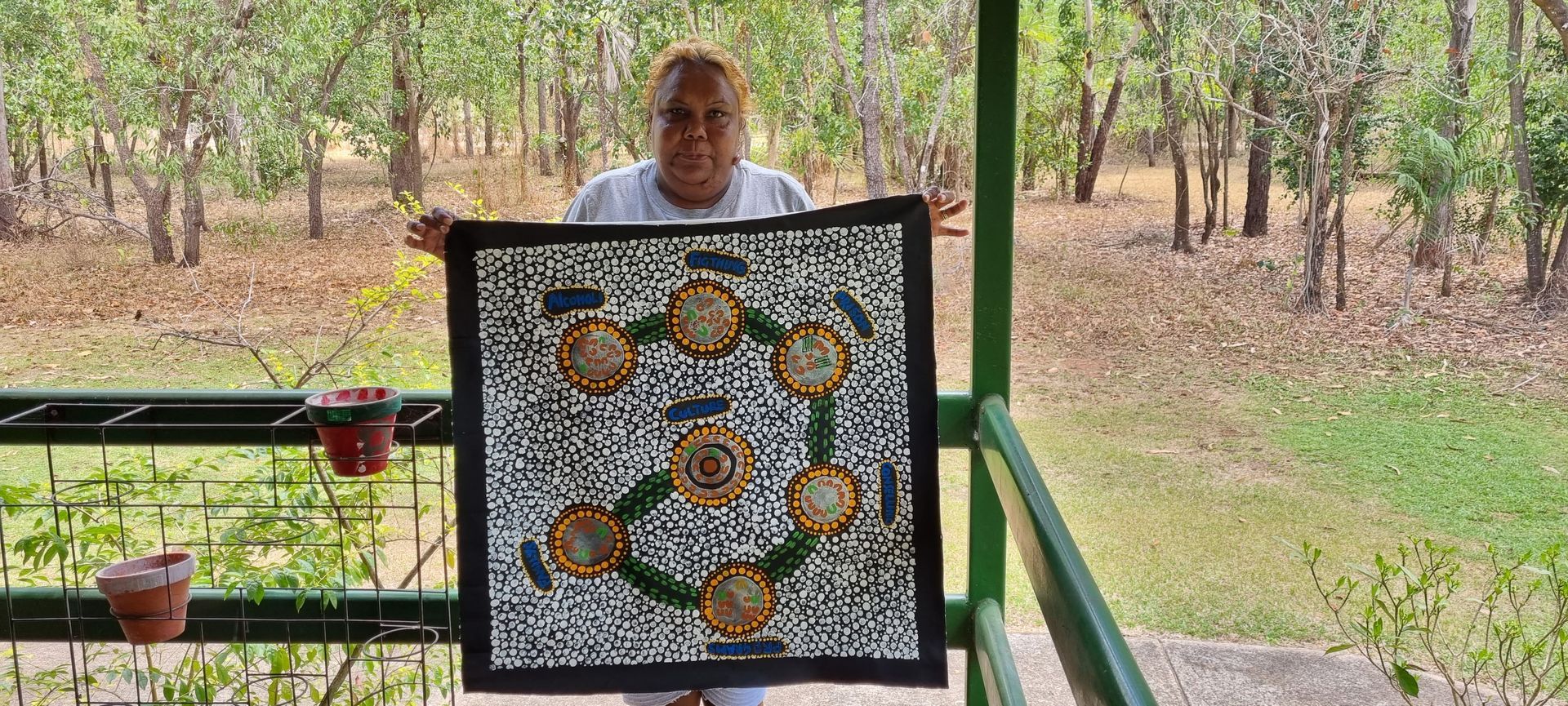Submissions

The Association of Alcohol and other Drug Agencies NT (AADANT) has submitted a detailed response to the inquiry into Australia's youth justice and incarceration system. AADANT highlights that all Australians, including children and young people, deserve a safe environment and access to quality healthcare. The submission criticises the prevailing "tough on crime" approaches in the Northern Territory, stressing their failure to create safer communities and the disproportionate impact on Aboriginal Territorians. AADANT calls for a shift to evidence-based, public health responses that focus on harm reduction and human rights over punitive measures, advocating for policies that encourage access to support without fear of stigma. While focused on the Northern Territory, AADANT's recommendations have broader implications for youth justice policies across the country. Download our submission

Towards a healthier future: Evidence-based solutions for AOD issues in Australia The ongoing conversation surrounding alcohol and other drug (AOD) issues in Australia highlights a pressing need for a transformative approach—one that moves beyond punitive measures and stigma to embrace an evidence-based public health framework grounded in human rights. AADANT's recent submission to the inquiry into the health impacts of AOD in Australia emphasises the importance of understanding these complex issues as intertwined with social, economic, and psychological factors. This submission outlines the urgent need for comprehensive policy reform and targeted interventions that prioritise accessible, culturally responsive treatment and support services. By shifting the focus from criminalisation to compassion, we can foster an environment where individuals feel safe to seek help without fear of judgment. AADANT advocates for a harm reduction strategy, underscoring the effectiveness of prevention and education in mitigating AOD-related harms. Download our full submission





